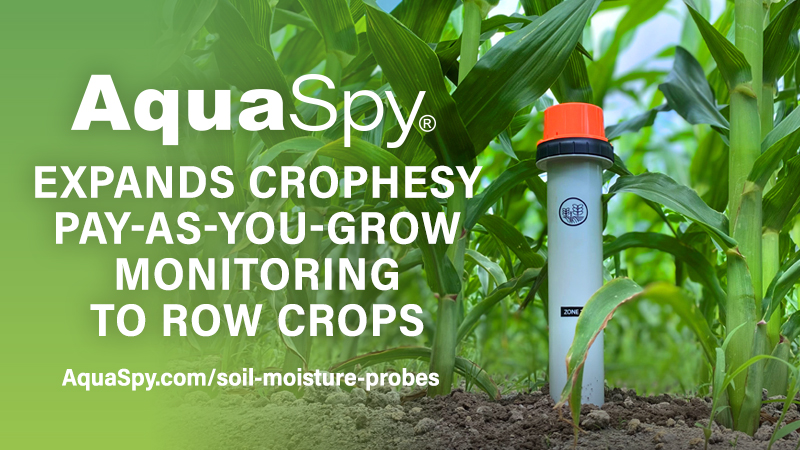Weed Scientist: Giant Ragweed Latest Concern For Farmers
When it comes to weed pests, glyphosate-resistant waterhemp tops the list, but resistant giant ragweed may be the challenger, according to a University of Missouri Extension weed scientist.
“Giant ragweed certainly has my attention,” Kevin Bradley, University of Missouri Extension weed scientist, told pest management field day visitors at MU Bradford Farm. “We’ll focus our research on giant ragweed, both resistant and not.”
Bradley considers the resistant waterhemp a statewide problem. “We’re not focusing on anymore surveys of waterhemp,” Bradley says. “I’m confident it is just about everywhere corn and soybeans are grown.”
On the most recent survey, when waterhemp was tested from 144 locations across the state, 58 percent of the populations were resistant to glyphosate. A new survey tested giant ragweed from 27 farms, with 12 found glyphosate-resistant.
Bradley collects weed seeds in the fall from random fields, not just those suspected of having resistance. The seeds are grown in an MU greenhouse. At various stages weeds are sprayed with different concentrations of glyphosate or ALS herbicides. Those that thrive in spite of herbicide are labeled resistant.
“My concern is not just herbicide resistance, but multiple resistances,” Bradley says.
What started as resistance to glyphosate, the most widely used herbicide, has become resistance to other herbicides. The newly resistant giant ragweed has been found to tolerate high levels of glyphosate and to have at least moderate resistance to ALS herbicides.
“It will take a combination of herbicides to control the resistant weeds,” he says.
At another stop on the MU weed tour, Bradley said best control of weeds is obtained with a two-pass system. Herbicide is sprayed before planting to control overwintering weeds and emerging seedlings. Then the growing crop is sprayed with a post-planting application to control new weeds.
“The majority of the time this two-pass system works best,” Bradley says. “There is a definite yield advantage.”
However, new herbicide combinations with longer life show promise. “A one-pass system that includes a residual herbicide is becoming more popular with farmers,” Bradley says.
At a third stop, Bradley showed off what he calls “research that we can’t say much about.” The soybeans, mostly weed-free, are tolerant to 2,4-D herbicide, an older chemistry that was widely used for years.
“You won’t see this available commercially for a few years,” Bradley predictes. “But the 2,4-D-tolerant soybeans are very robust and tolerate 2,4-D very well.”
(Source: University of Missouri Cooperative Media Group)






